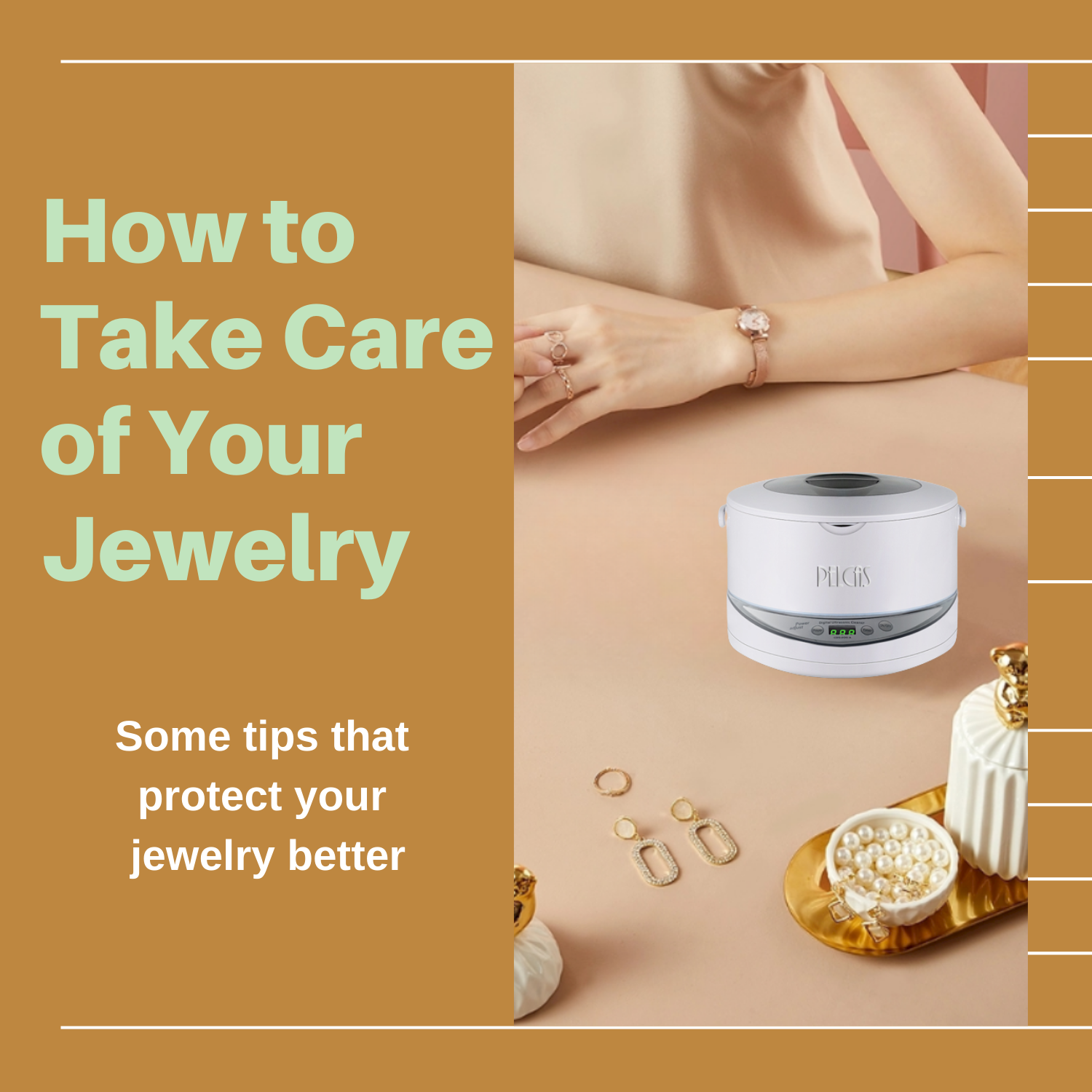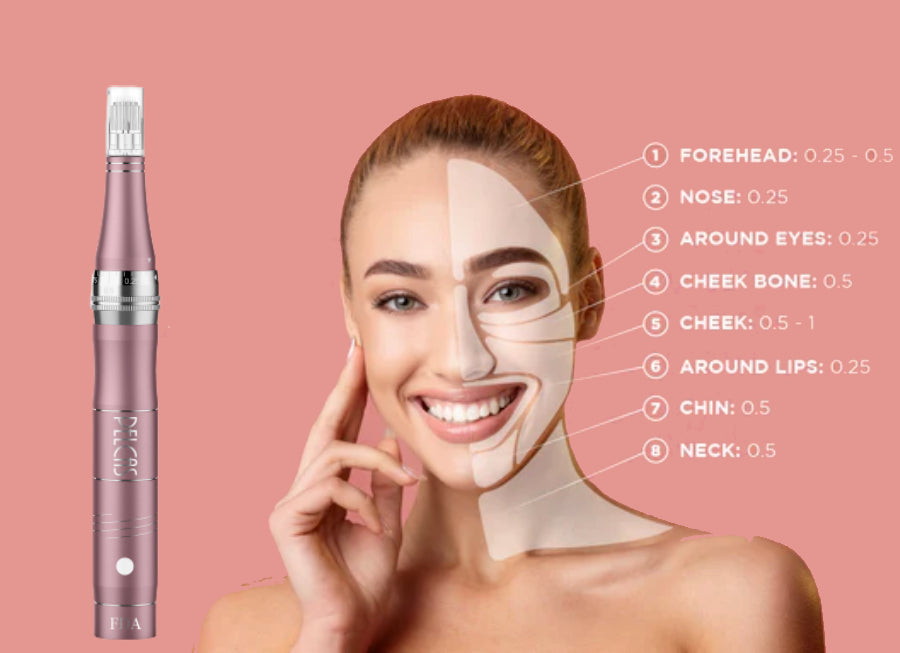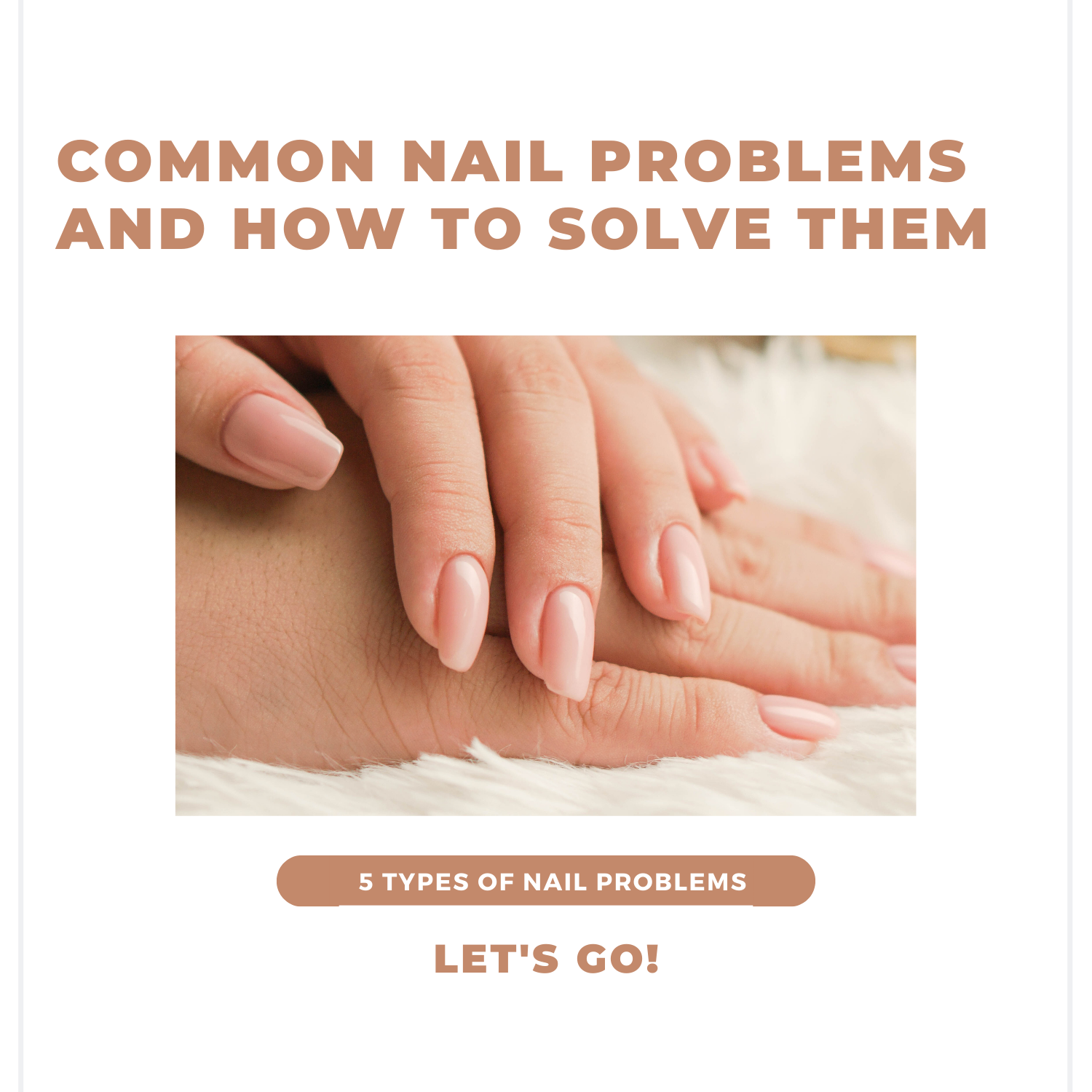Skin Types and Suggestions

Your skin is a remarkable organ that protects you from external factors such as pollution, UV rays, and harmful bacteria. However, not all skin is created equal, and it’s essential to understand your skin type to take proper care of it. In this blog, we’ll explore the different skin types and their characteristics to help you determine your skin type.
Why there are different skin types
The differences in skin types are largely due to variations in genetics, environmental factors, and lifestyle choices. Skin type is determined by the amount of oil (sebum) produced by the sebaceous glands, as well as the skin’s ability to retain moisture.
Factors such as age, hormones, diet, and climate can also affect the skin type. For example, as we age, our skin becomes thinner and drier, and hormonal changes during puberty can cause an increase in sebum production, leading to oily skin and acne. Additionally, exposure to harsh weather conditions or harsh chemicals can also affect the skin’s texture and appearance.
The types of skin
Normal skin :
It is balanced and has a good amount of sebum production. It has a smooth texture and is neither too dry nor too oily. People with normal skin tend to have a radiant complexion and are less prone to breakouts or sensitivity. However, even if you have normal skin, it’s still essential to take care of it by moisturizing and protecting it from the sun.
Suitable products: A gentle cleanser, a lightweight moisturizer, a broad-spectrum sunscreen, and occasional exfoliator.
Dry skin :
It lacks moisture and can feel tight and flaky. It’s often caused by genetics, age, or environmental factors such as low humidity, harsh soaps, and hot showers. People with dry skin may also experience itching, redness, and rough patches. It’s important to use a gentle cleanser, avoid hot water, and moisturize frequently to keep dry skin hydrated and healthy.
Suitable products: A gentle, hydrating cleanser, a rich, moisturizing cream or oil, a gentle exfoliator, and a sunscreen with moisturizing properties.
Oily skin :
It produces excess sebum, making it prone to breakouts and acne. People with oily skin may have enlarged pores and a shiny complexion. Oily skin can be caused by genetics, hormones, and diet. It’s crucial to use a gentle cleanser and avoid products that can clog pores, such as heavy creams and oils. Regular exfoliation can also help unclog pores and prevent breakouts.
Suitable products: A non-comedogenic (non-pore clogging) cleanser, a lightweight, oil-free moisturizer, and an exfoliating product containing salicylic acid or alpha-hydroxy acids.
Combination skin :
It is a mix of both dry and oily skin, with the T-zone (forehead, nose, and chin) being oilier than the cheeks. People with combination skin may also have enlarged pores and occasional breakouts. It’s important to use a gentle cleanser and moisturizer that won’t over-dry the cheeks or exacerbate oil production in the T-zone.
Suitable products: A gentle, pH-balanced cleanser, a lightweight, oil-free moisturizer for the T-zone, a heavier moisturizer for the cheeks, and a targeted spot treatment for acne-prone areas.
Sensitive skin :
It is easily irritated and can react to products, weather, and environmental factors. People with sensitive skin may experience redness, itching, and dryness. It’s crucial to use gentle, fragrance-free products and avoid harsh ingredients such as alcohol and exfoliants. Patch testing new products can also help prevent allergic reactions.
Suitable products: A gentle, fragrance-free cleanser, a non-irritating, hypoallergenic moisturizer, and a physical (rather than chemical) sunscreen. It is important to patch test any new products on a small area of skin before using them all over the face.
Skincare tips
If you can use some proper skin care tools, then your skin will become better. For example, the microneedling pen is a small device with tiny needles that you apply your skin to create small micro-injuries. This can stimulate collagen production and improve the appearance of fine lines, wrinkles, and acne scars.






Comments